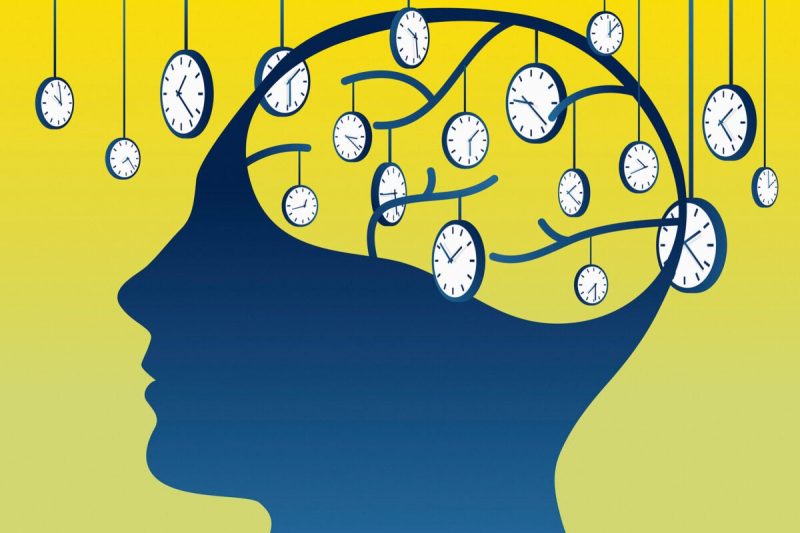The Siren Call of Daylight Saving Must Be Resisted, Scientists Say
Imagine a world where time is constant, where the natural rhythms of nature guide our lives. A world where we wake up with the sunrise and sleep when darkness falls. For centuries, humans have lived in harmony with the ebb and flow of daylight, but in today’s fast-paced society, we have become slaves to the ticking clock.
Daylight Saving Time (DST), a practice where the clocks are adjusted forward in the spring and backward in the fall, was initially implemented to save energy and make better use of daylight. However, scientists are now questioning the true benefits of this societal habit, urging us to resist its siren call.
One of the most significant arguments against DST is its impact on our health and well-being. Disrupting our sleep patterns can have far-reaching consequences on both our physical and mental health. Studies have shown a noticeable increase in heart attacks, strokes, and even traffic accidents in the days following the transition to DST. This loss of productivity and increased risk to our health should give us pause and consider whether the benefits of DST truly outweigh the costs.
Moreover, the claimed energy-saving benefits of DST have been called into question. While it may be true that we use less energy for lighting during the longer evenings, the same cannot be said for other aspects of our lives. With the advent of modern technology, our energy consumption has shifted from lighting to other areas such as heating, cooling, and electronic devices. The net effect of DST on energy consumption is unclear and needs further research.
Furthermore, DST disrupts our natural relationship with nature and our circadian rhythms. Our bodies have evolved to a certain rhythm dictated by the rising and setting of the sun. Artificially manipulating time can lead to a host of problems, including sleep disorders, mood swings, and decreased cognitive function. By resisting the call of DST, we can regain our connection to nature and allow our bodies to function optimally.
Another argument against DST is its impact on the economy. While proponents argue that the longer evenings boost economic activity, studies have shown mixed results. Industries such as retail and tourism may experience short-term benefits, but others, like agriculture and transportation, may face increased costs and logistical challenges. We need to carefully evaluate the economic implications of DST and consider alternative ways to boost productivity without disrupting our lives.
So, how can we resist the siren call of DST? One suggestion is to adopt a more natural approach to timekeeping. Instead of artificially adjusting our clocks, we can make small changes in our daily lives to better align with nature. Waking up with the sunrise, setting aside time for physical activity during daylight hours, and limiting screen time before bed are all simple measures that can bring us closer to a more harmonious existence.
In conclusion, the practice of Daylight Saving Time may have started with good intentions, but scientists are now urging us to resist its call. The detrimental effects on our health, the questionable energy-saving benefits, the disruption of our natural rhythms, and the ambiguous impact on the economy all point towards the need for a reevaluation of this age-old tradition. By reconnecting with nature and embracing a more balanced approach to timekeeping, we can reclaim our lives from the clutches of DST. Let us resist the siren call and find solace in the cyclical nature of time.

